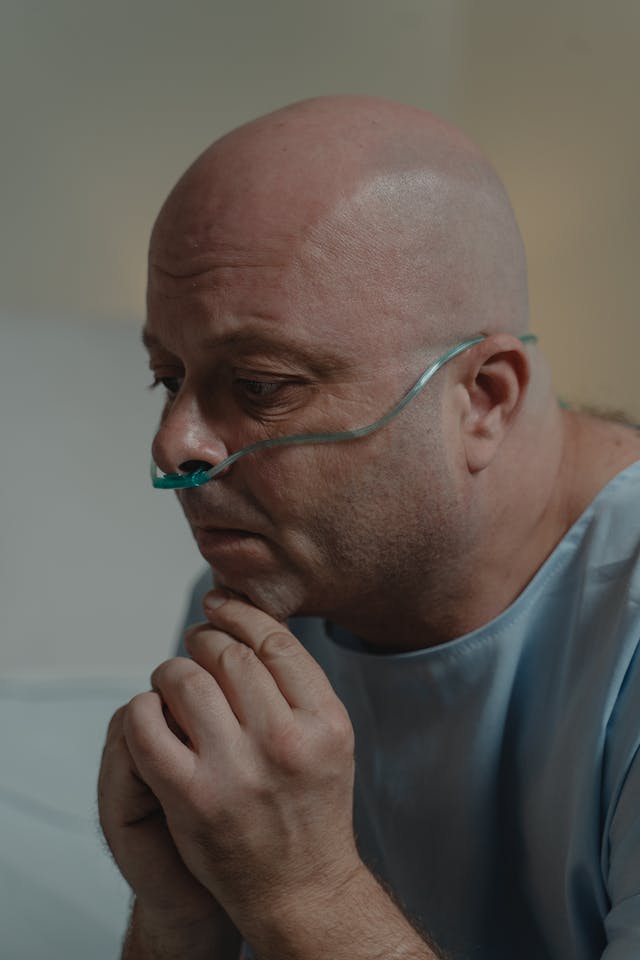Volunteering in palliative care opened my eyes to a side of life usually partaken by carers or specialists (doctors, carers, nurses, etc.).
My first experience was when a cancer patient (Philip) asked for me to attend to him as a healer through the church. I was told the patient was critical and greatly appreciated anything I could do to help. I did not know what to expect, but I agreed to visit him in the hospital. I was directed to the ‘palliative care’ department – I naively had no idea what the word palliative meant and just made my way there.
Philip, a smiling man in his late 60s, was upright in his hospital bed, reading a newspaper. I expected to find a very sick man clinging to life and on his last breaths, but he looked very well, save for being slightly pale. If I did not know any better, I would have thought that he should be at home and not in a hospital. We exchanged pleasantries, and I proceeded with my prayers, followed by healing. I was overwhelmed by the sense that he would not make it. Usually, during healing, I ‘lose’ myself in the process, but in this instance, I was struggling, so I stopped.
“Are you alright, Garo? What is wrong?”
I could not find an easy way to express my concern; he felt it and went straight to the point:
“You must have felt what I know already; I am at the point of no return, and that’s why I am here, in palliative care. Oh please, don’t be solemn; I am quite ready to go to the other side.”
I was relieved in a sense because he helped remove the awkwardness of the situation.
“I am confused. What can I do for you?”
“I am not expecting much. I want to finish my book first, and I hope you can help me keep going.”
We had a long chat, and I enjoyed his company. Philip was knowledgeable, and I learned he was also very psychic, so naturally, the conversation shifted to encompass the paranormal. Before leaving, I mentioned that I was going home to prepare an English roast, and he wanted to know in detail what I was cooking and all the sides. It was evident that he was craving it, so the next day, I turned up with a good portion of the English roast with all the sides and a good slice of apple crumble with creme. His face lit up like a child’s on Christmas day. I wondered if it was wrong to bring him food, and he laughed it off with the worst thing that can happen.
Over the weeks, I visited Philip at the hospital at least once a week, and eventually, when he was discharged to go home for his final days, I saw him at home. Our relationship blossomed, and he shared much about his life and experiences. Sometimes, I picked up things about him during healing and shared them with him; he always enjoyed these special moments and confirmed everything. I picked up something about his involvement in the intelligence service, and he confirmed it was the case a long time ago – with a twinkle in his eye.
Then, the day came when I felt it was the end of our journey together. I told him, and he understood and thanked me for everything. I expected to be more emotional, but I felt at peace. I knew he was destined to go home to a better place. Then, one day, I received a phone call from a friend of his; she told me that he had passed peacefully. She said he mentioned me to her, and she thanked me for everything I did for him. She said that he had finished his book and was ready for the next chapter on the other side.



